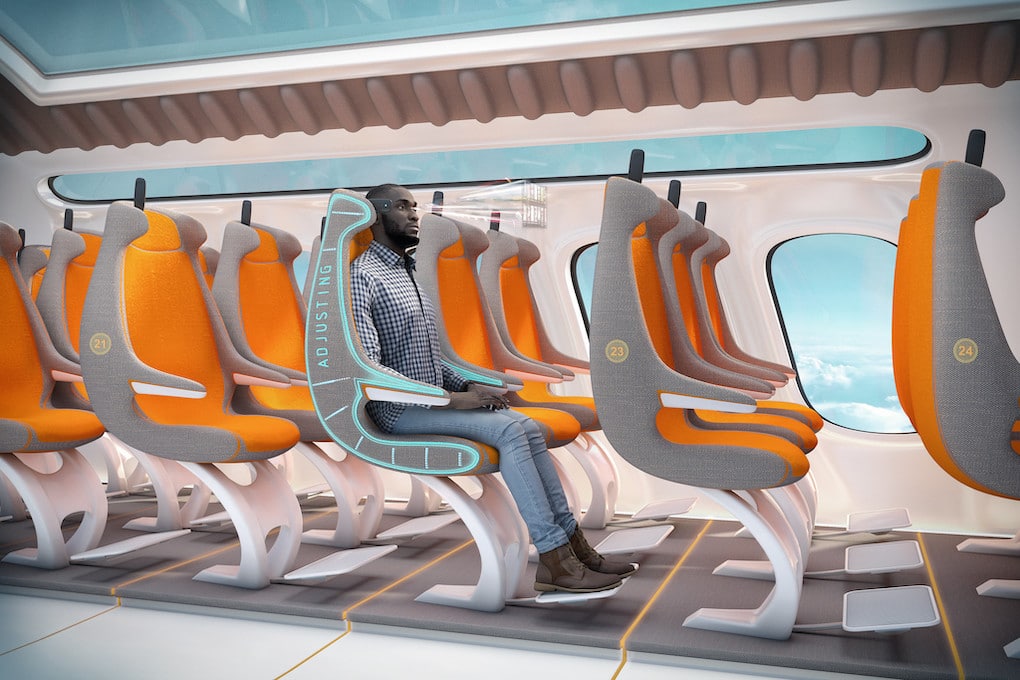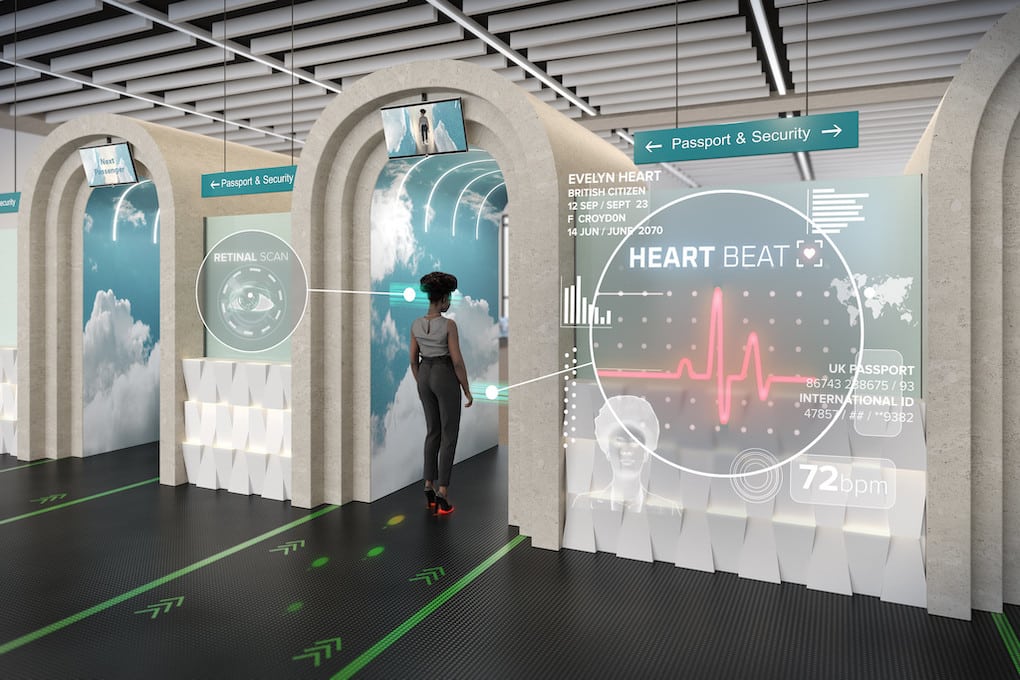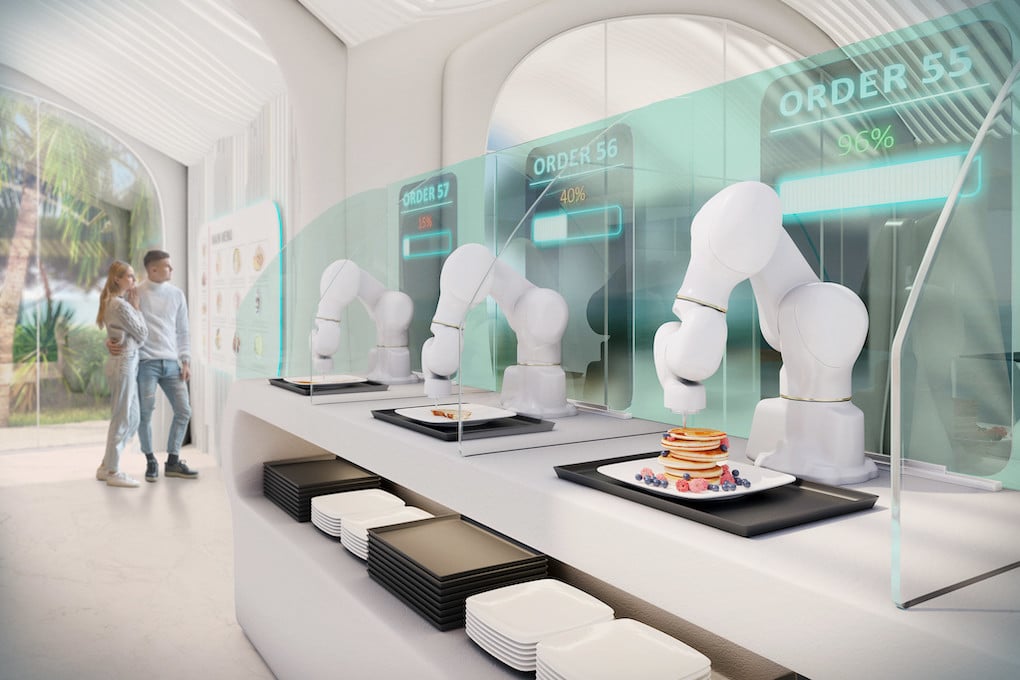EasyJet predicts how we will travel… in 2070

Time travel, heart rate passports, 3D-printed meals…
How will we travel in fifty years’ time? What will the planes of the future look like? How will technological advances change the way we move around the world? The airline founded by Monegasque resident Sir Stelios Haji-Ioannou, easyJet, asked these questions and has some answers!
Answers that are based on the findings of experts in the fields of aerospace, innovation and engineering, and who have shared their predictions for the year 2070 in a report.
One of the big changes humanity will experience, according to the experts, is time travel, thanks to virtual reality. Advances in technology could allow us to “relive” major moments in history.

Flying taxis, personalised hotel rooms…
As far as physical travel is concerned, we can say goodbye to the passport as we know it. No more stressing about losing it or forgetting it at home: according to scientists, our future passport will be our heart! They predict that our heartbeats will make it possible to identify us, as they are unique to each of us, just like fingerprints.

Plus no more stress about missing your flight because of traffic, or about parking fees. E-VTOL flying taxis will pick passengers up at their homes and take them straight to the airport.
Once on board, tomorrow’s aircraft promise to be quite different to today’s. Rows of narrow, absolutely identical seats should be replaced by ergonomic, biomimetic chairs that automatically adapt to our body shape (height and weight) and temperature for maximum comfort. These seats will also be equipped to provide passengers with their favourite entertainment, without having to deal with battery issues or downloads ahead of time.
Once you arrive at your destination, forget about the set menus in your hotel. A 3D-printed buffet will allow you to order any dish for breakfast, lunch or dinner, to suit your taste, your current mood or your diet. On top of the taste aspect, the system would considerably reduce waste.

Hotels could also offer new services, such as connected and personalised rooms, holographic concierges to assist you, or 3D-printed, recyclable clothes so you can travel without luggage.
3 out of 4 Britons convinced
The airline also surveyed a panel of travellers. According to the company, 75% of Britons stated that these technological advances would encourage them to travel more.
While these predictions may seem like science fiction at the moment, easyJet is adamant that the report is completely serious. It was written by a collective of scientists: Professor Birgitte Andersen of the University of London and CEO of the Big Innovation Centre, scientist and theorist Dr Melissa Sterry, futurists Shivvy Jervis and Dr Patrick Dixon, Professor Graham Braithwaite, Director of Transport Systems at Cranfield University, and Nikhil Sachdeva, Director of Aerospace, Defence and Sustainable Aviation for the Roland Berger consultancy firm.
“Innovation is in our DNA and we’re always challenging ourselves to think big and look at how we can make travel even easier for people all across Europe, both today and for generations to come. From biometric heartbeat passports, to ‘time- travelling’ holiday experiences, holidays in 2070 are likely to be very different and therefore very exciting indeed,” commented Johan Lundgren, CEO of easyJet.









